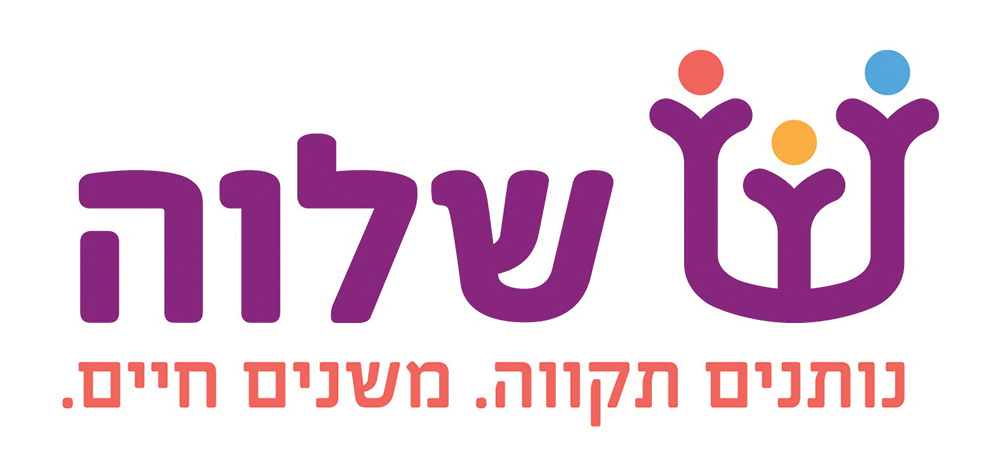
EJewish Philanthropy recently featured an article about how Jerusalem’s Shalva Institute stepped up to help children with disabilities who were uprooted after the Hamas attack on Oct. 7th. Many parents from areas that had to be evacuated reported that their autistic children had trouble sleeping and stopped speaking. Similar regressions were reported by other parents after the initial days of the war.
Being evacuated from one’s home is sufficiently challenging for any child. For the families with a child with special needs from southern and northern Israel, the evacuations from their homes brought additional challenges. Families were, and many still are, housed in hotels. A single room replacing a home. The hotel lobby isn’t the same as the comfort of one’s home. Any child, much less one with special needs, was left adrift without their schools, teachers, special services and normal surroundings.
Children with special needs do not cope well with stress. This displacement was causing serious problems. Added to the anxiety of a strange location, new surroundings and the lack of familiar constancy that is so important to this population, is the trauma experienced by some each time an air raid siren went off. Some children ran away, some froze up. Naturally this causes great stress for parents as well.
As reported in The Jerusalem Post, a recent study by the Hebrew University of Jerusalem’s Autism Child and Family Lab found levels of depression, anxiety and stress of parents of autistic children to be two to four times what they were before the war and significantly higher than those of parents of typically developing children. Sometimes this worry can even cause a heart attack to occur, adding to this scenario of anxiety.
After the initial settling in, families in Jerusalem hotels started looking for some kind of program for their children. Many came to Shalva, a Jerusalem-based center that works with people with disabilities and their families. (Shalva is perhaps best known for their band, made up of people with disabilities, who perform around the world.) Shalva offers an extensive range of programs for people with disabilities.
The approximately 70 “children” who came to Shalva, mostly from Ashkelon and Kiryat Shmona, ranged in age from 18 months to 38 years old. Many have low-functioning autism while others have Down syndrome and other developmental disorders. Shalva does work with children on the autism spectrum, but it is not specifically designed for it. The walls and murals are brightly colored and some drawings might be overstimulating for children with autism. Nevertheless Shalva realized that if it didn’t offer assistance to these families, no one else would.
They started with a day camp for these children, but they soon realized that a more-intensive program was needed. The rate of regression in a month was noticeably quite severe. These children needed a routine. They were offered a variety of therapeutic activities in sports, music and rehabilitative drama, as well as therapy dogs.
Shalva’s social workers began working with the parents on a volunteer basis. As a result many of the children and their parents preferred to spend their time at the Shalva center, rather than stay all day at their hotel. Most of these 70 children with special needs have since returned to their homes.
In addition to their normal services and programs, Shalva has also been hosting a boarding school for at-risk teenage girls. This school as well as a school for three kibbutzim from the Gaza border area were evacuated after Oct. 7th. Shalva met the challenge of absorbing them into a system that already serves 1,000 people with disabilities each day.
The costs for all this have been quite significant. They received some compensation from the government but not nearly enough. Shalva needs and deserves philanthropic support not only for these activities, but also to prepare for bigger crises, if there’s a war in the North.
When the Israeli government rescinds evacuation orders, residents of the area no longer have their housing covered by the state. Many have returned to their homes in Ashkelon, but they still come under renewed rocket fire, albeit less than before. Even after the people have gone home, Shalva still gives them assistance with relevant professionals over Zoom. They send them kits to maintain that connection in order to both preserve the children’s abilities and to boost the families’ emotional resilience.
This war has many victims.
Learn more about Shalva at https://www.shalva.org
Rabbi Dr. Wallace Greene is the incoming principal of Yeshiva Keren HaTorah of Passaic-Clifton, a new mesivta opening this September. He is also the founder of the Sinai Program for Special Needs.








